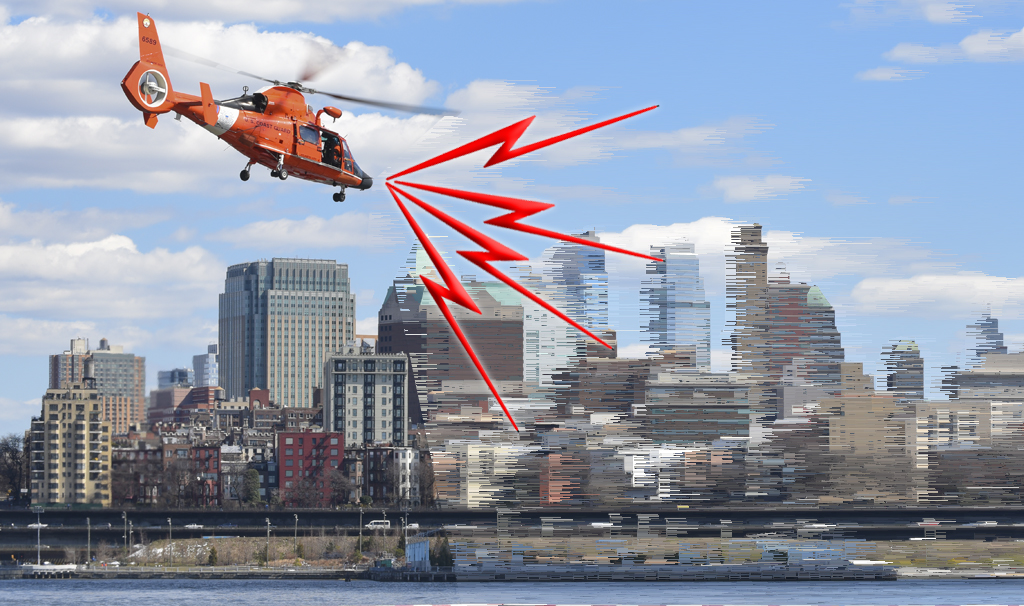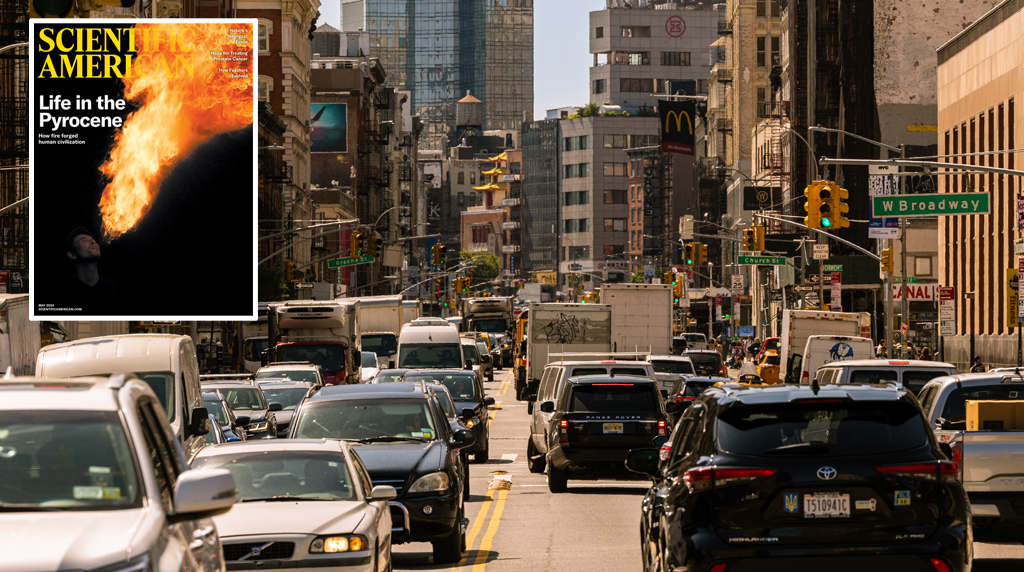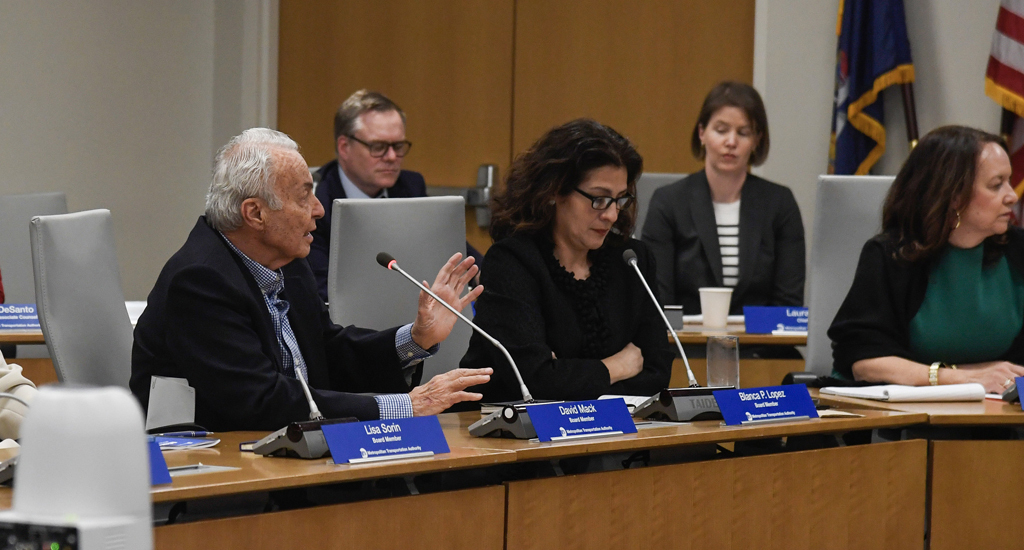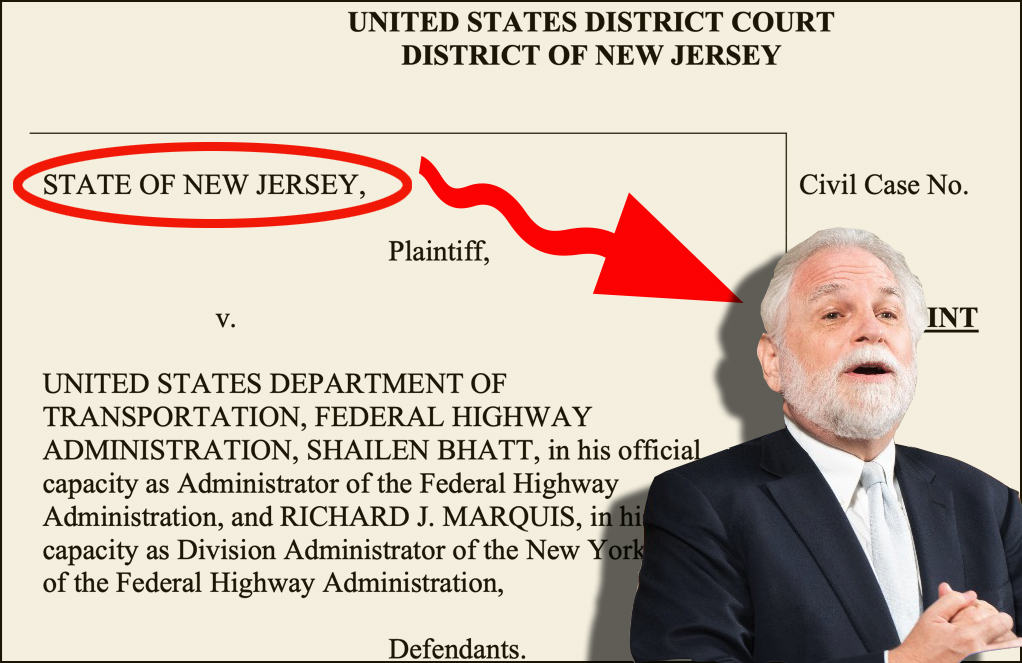New York City is about to get a taste of what cutting-edge parking policy could look like over on Roosevelt Island. The island will soon be installing parking sensors under 29 spaces, local blogs Roosevelt Islander and Roosevelt Island 360 reported this week. By providing real-time data about what actually happens in those spaces, the sensors can help enforce parking laws, move toward smart and flexible curbside pricing, and prevent cruising and traffic congestion.
NYC DOT is sure to be watching Roosevelt Island's progress. This September, the agency sent out a notice expressing interest in parking technology systems that include sensors.
The parking sensors on Roosevelt Island are made by the Streetline company, which supplied the 8,255 sensors that form the technological backbone of San Francisco's innovative SFPark system (be sure to check out Streetsblog San Francisco's coverage of the program here, here, and here).
The sensor uses a magnetometer to detect the presence of a vehicle, explained Streetline VP Ken Voss, as well as the moment when a car enters or leaves the space. "It also takes a magnetic signature of the vehicle and can detect if it's the exact same vehicle that's been sitting there," he said. Finally, the sensors' data can be linked with parking meters, revealing whether parkers are paying or not.
That kind of rigorous, real-time information is the key to making the most of on-street parking. If you want to price parking based on demand, for example, sensor data can provide the foundation for setting the right price block-by-block or hour-by-hour. If you want to accurately enforce time limits or make sure that parkers adhere to the time they paid for, real-time info can send enforcement officers directly to the scene of a violation. Or if you want to cut down on the miles of cruising drivers often resort to while searching for a parking space, sensors can direct them straight to an open spot.
Jonathan Kalkin, the head of Roosevelt Island's operations committee and the prime mover behind the project, explained that he hopes to pursue each of those three goals. "We have an issue with people feeding the meter all day long," he explained. "It's very hard to enforce, because we have a small group of public safety officers." With sensors, he expects, long-term parkers will stop hogging the spaces entirely.
Kalkin also said that the sensor data would be used to recalibrate the price of parking on the island. Right now, he said, Roosevelt Island's on-street parking and its parking garage have very different price schemes. Using the sensor data, they should be able to intelligently reduce the garage's prices for certain lengths of stay and open up on-street spaces for those frequenting a local merchant, for example.
Finally, he said, Streetline is developing an app that leads drivers to an open space. "It'll be sophisticated enough to give you turn-by-turn directions," he said. That could have a big environmental benefit for the island by cutting down on cruising. "Right now, you spend an hour and a half to park in a space to do something for five minutes."
Voss added that Streetline can provide dynamic signage as well, and can provide the prices of available spots to allow drivers to make fully informed decisions.
The program is just a pilot for now, said Kalkin, and only needed the approval of the operations committee. The 29 spaces that will receive sensors were recently added when a stretch of road was converted from two-way flow to one-way for safety reasons. If it's successful, the plan is to put it to the full board and expand it to the entire island by the spring.
One selling point of the program is that it cuts costs. "Because police officers can focus on other things, that saves money. It kind of pays for itself with that," said Kalkin.
The sensors are part of a larger effort to use technology to help Roosevelt Islanders move around better. Kalkin said that the island was the first place in the city to have NextBus technology, which shows bus riders real-time arrival information, and is looking to use tidal power for new electric car charging stations.
Kalkin also wants to introduce "smart parking meters" that allow for payment with tap credit cards and cell phones.
"Roosevelt Island is leading. We're the first East Coast city to have this technology," said Kalkin.
The rest of New York City might be close behind. The city DOT put out a request for expression of interest for a parking sensor program in September [PDF]. "They're definitely interested," said Voss.
The RFEI doesn't reveal too much about DOT's intentions, but there are a few fascinating facts to pick out:
- DOT is looking for a program that can "provide the basis for dynamic pricing of parking."
- They want a system that can tell the NYPD about both parking meter violations and stolen plates.
- DOT showed interest in using the sensors to finally get parking placard abuse under control. They're looking for a system that could integrate with placards.
- They also asked about the possibility of integrating with pay-by-phone parking and off-street garages.





